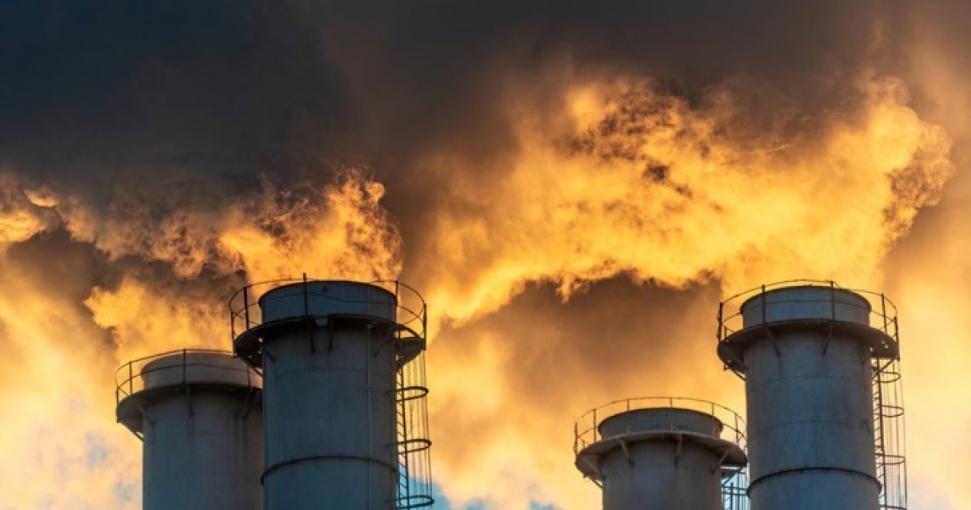Australia: Parliament agrees to limit emissions from big polluters
Australia, recognized as one of the top emitters of greenhouse gases per capita globally, recently enacted climate laws that aim to address the issue of major polluters. These laws mandate mines, smelters, and refineries to reduce their emissions by approximately 5% annually.
According to Tommy Wiedmann, a sustainability expert at the University of New South Wales, the recent climate laws in Australia mark a historic moment as it is the first time that greenhouse gas emissions reduction has been legally mandated in the country. These laws are applicable to approximately 215 large industrial facilities, each emitting over 100,000 tonnes of greenhouse gases annually, and are a crucial part of Australia’s commitment to achieving net zero emissions by 2050.
The government of Australian Prime Minister Anthony Albanese, from the Labor party, aims to prevent the release of 200 million tonnes of carbon into the atmosphere over the next decade by implementing a requirement for large industrial facilities, including those operated by mining giants BHP and Rio Tinto, to reduce their emissions by 4.9% annually. These facilities are responsible for nearly 30% of the country’s greenhouse gas emissions, as stated by the Australian NGO Climate Council.
“Today’s decision by Parliament is a crucial step in saving our climate, our economy, and our future,” said Climate Change Minister Chris Bowen, expressing his satisfaction with the adoption of the law by elected officials.
The government views this plan as a resolution to a decade-long period of political conflicts that have impeded efforts to address climate change.
After weeks of challenging negotiations with the Green Party, an agreement was reached on the safeguard mechanism. The government ultimately secured the support of the Greens by agreeing to implement a strict cap on emissions as part of the carbon plan.
Natural disasters
According to Martin Brueckner, a judge at Murdoch University in Perth, the end of Australian climate inaction is “a step in the right direction” that marginalizes climate skeptics. However, sustainability expert Mr. Wiedmann cautions that this new legislation alone will not be sufficient, and difficult decisions will need to be made in the coming years.
The Mining Industry Council, which represents industrialists, has raised concerns about the potential “deterioration of the national economy” and the potential loss of “tens of thousands of jobs” as a result of the climate laws. Australia, with a population of 26 million, contributes over 1% of global emissions and is ranked 14th among the world’s polluting countries, according to the Australian government agency CSIRO. The mining sector, which accounts for 14.6% of the country’s GDP, is a significant contributor to Australia’s economy, as per its central bank.
After winning the elections last year, Mr. Albanese had made a commitment to reverse the pro-fossil fuels policies implemented by the conservatives, who had been in power for nine years. Australia has been criticized for its slow progress in addressing greenhouse gas emissions, but recent natural disasters, which were partly attributed to climate change, have prompted a shift in the country’s stance.
During the summer of 2019-20, Australia was ravaged by massive bushfires that destroyed approximately eight million hectares of vegetation and claimed over 400 lives. The country has also been grappling with recurrent instances of coral reef bleaching, and floods on the east coast resulted in the loss of around 20 lives last year. These incidents have highlighted the urgent need for action on climate change and its impacts in Australia.


